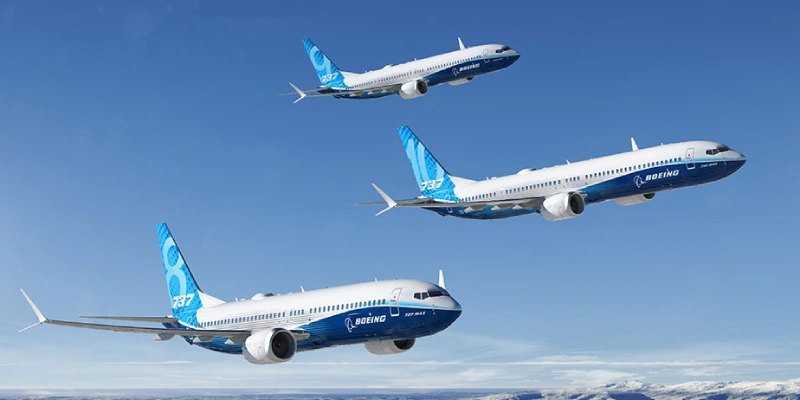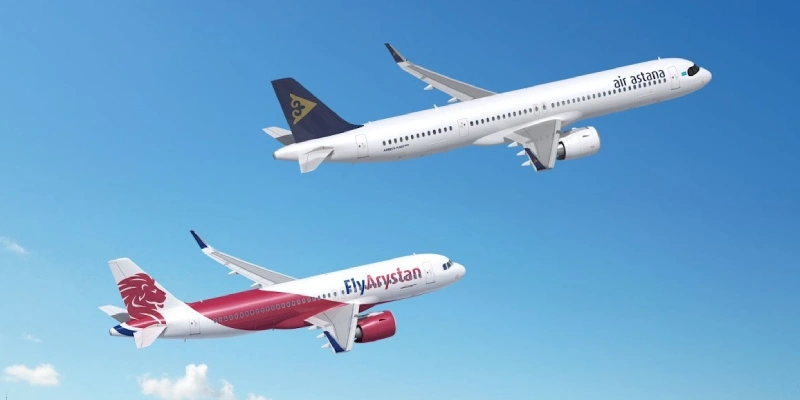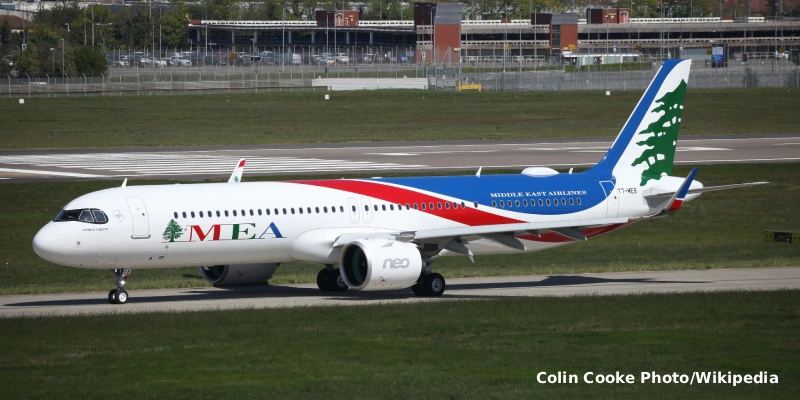Boeing is in the final stages of negotiations with China to secure the sale of up to 500 aircraft, according to sources familiar with the matter cited by Bloomberg. The potential deal would mark the end of a prolonged order drought from the Asian giant that dates back to 2017, when then-U.S. President Donald Trump made an official visit to Beijing.
The agreement is not yet finalized, as both sides are still discussing key aspects such as aircraft models, order volumes, and delivery schedules. The transaction, years in the making, hinges directly on Washington and Beijing’s ability to ease the trade tensions inherited from the Trump administration.
A Deal Comparable to Airbus
Chinese authorities are already consulting with local airlines regarding their fleet requirements. Sources indicate that the scale of the negotiations is comparable to the purchase of 500 aircraft from Airbus that the government has been managing, although that agreement has not yet been officially announced.
The acquisition from Boeing would form the centerpiece of a broader trade pact designed to benefit both Trump and Chinese President Xi Jinping, within the framework of complex and lengthy negotiations. In fact, in 2023, both leaders came close to announcing an agreement, but the San Francisco summit with U.S. President Joe Biden concluded without any breakthroughs in the aviation sector.
Internal Challenges for Boeing in China
The U.S. manufacturer also faces a leadership gap in the Chinese market. Alvin Liu, former president of Boeing China and a key figure due to his fluency in Mandarin and strong ties with local authorities, recently stepped down from his position. Carol Shen has taken over as interim president, according to sources familiar with the transition.
→ Airbus A320 is About to Break a Record Held by Boeing 737 for Decades
Aircraft contracts have become a central component of U.S. diplomacy since Trump returned to the White House in January. Each announcement of aircraft sales—whether tentative or confirmed—helps narrow the trade imbalances between the world’s two largest economies.
Market Outlook in China
Beijing’s interest is far from negligible. Both Boeing and Airbus have production lines fully booked well into the next decade, making the securing of delivery slots highly strategic. According to Boeing’s forecasts, the Chinese aviation market—the second largest in the world—is expected to more than double its commercial fleet, reaching 9,755 aircraft over the next 20 years.
Although local manufacturer Comac is making progress with its own developments, its production capacity remains far from sufficient to meet China’s rapidly growing demand. Current discussions are particularly focused on Boeing’s 737 MAX series, the company’s most popular single-aisle model, reinforcing the notion of a large-scale order.
From Boom to Stagnation
Boeing’s last major contract in China was announced in November 2017, during Trump’s visit to Beijing. At that time, deals and commitments were signed for 300 single-aisle and widebody aircraft, valued at $37 billion.
The peak came in 2018, when one out of every four Boeing aircraft delivered worldwide went to the Chinese market. However, the landscape shifted dramatically following the 737 MAX crisis. In 2019, China became the first country to ground the model after two fatal crashes, creating an opening for Airbus to dominate regional sales and deliveries.
Since then, Boeing has secured only about 30 aircraft orders in China, including those from both airlines and leasing companies, according to company data.
With Xi inviting Trump to visit China in the coming months and a possible meeting on the sidelines of the APEC Summit in South Korea, all eyes are now on whether a new deal will finally be announced—one that could redefine Boeing’s future in one of the world’s most coveted aviation markets.
Related Topics
Air Astana Places Its Largest Order: 25 Airbus A320neo Family Aircraft
Delta Bolsters Narrowbody Fleet with Acquisition of 34 Additional Airbus A321neos
MEA in Talks with Airbus for 12 Aircraft to Expand Fleet and Launch Fly Beirut
Airbus Closes 2025 with Profit Growth, 793 Deliveries, and a Record Backlog of 8,754 Commercial Aircraft

Plataforma Informativa de Aviación Comercial con 13 años de trayectoria.




